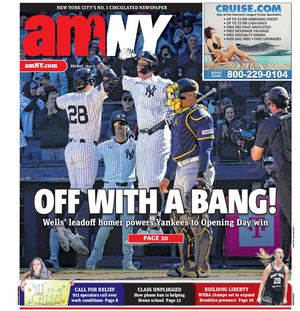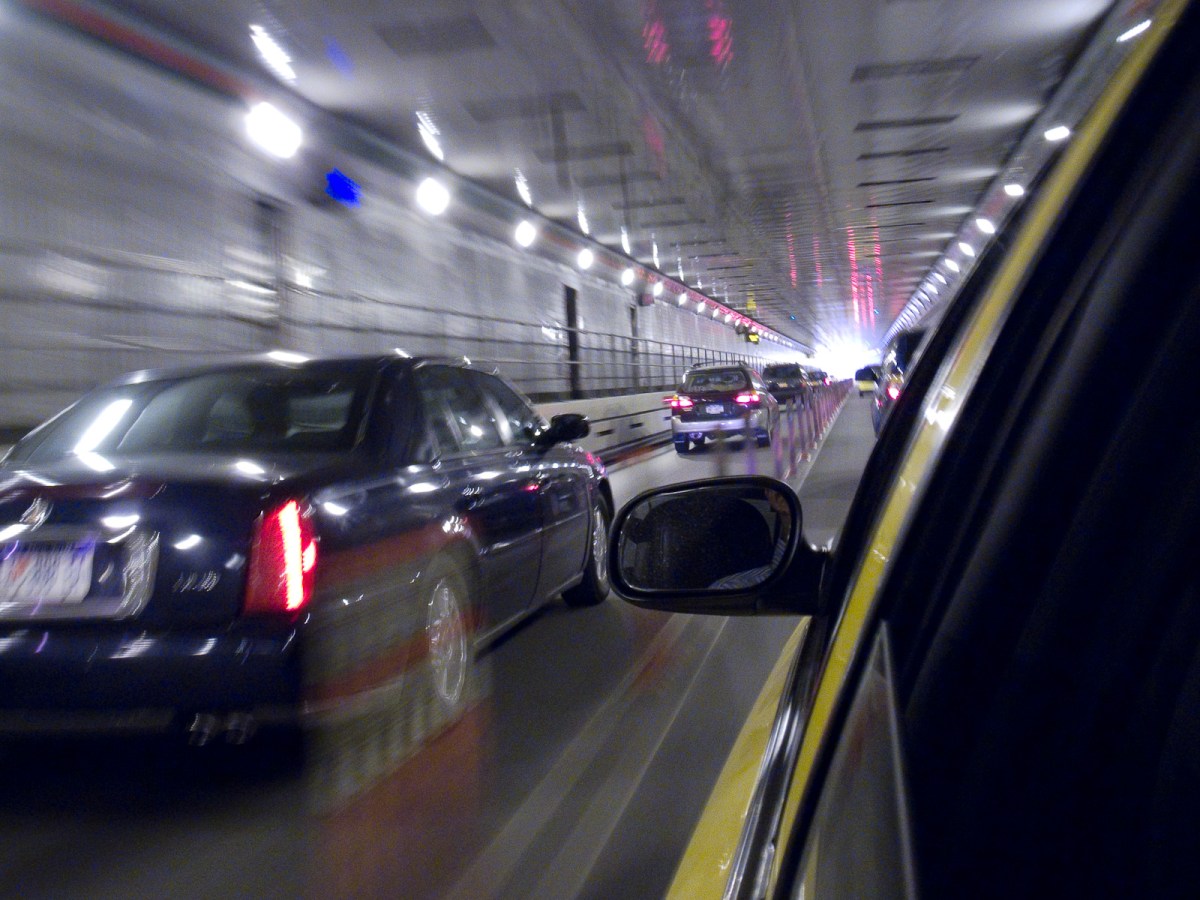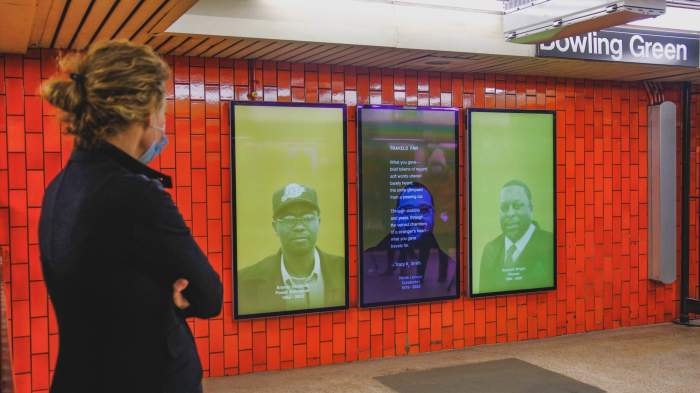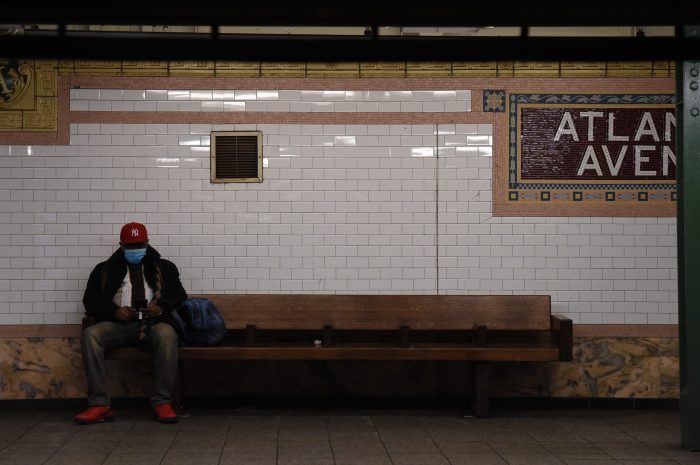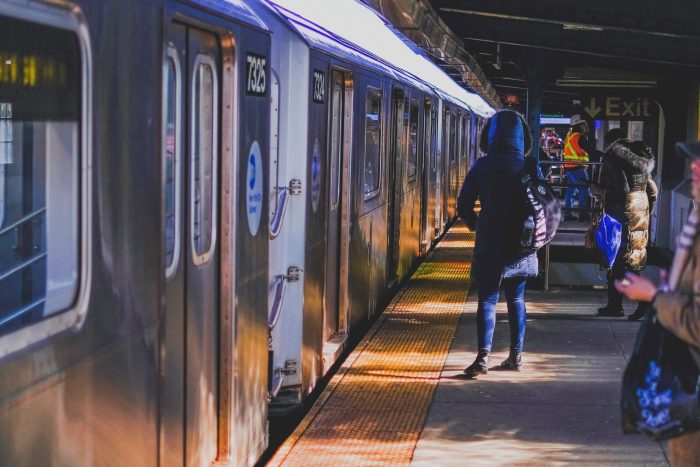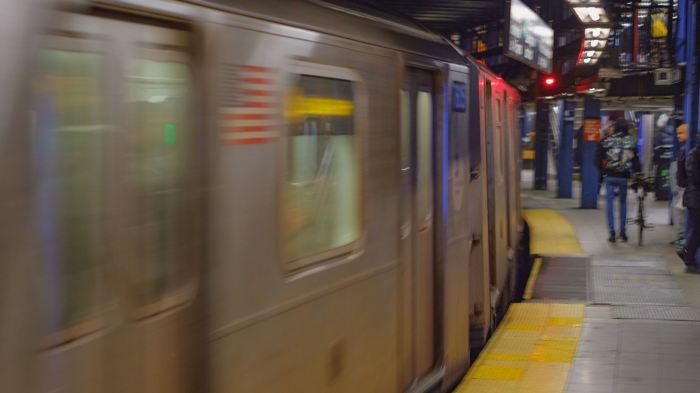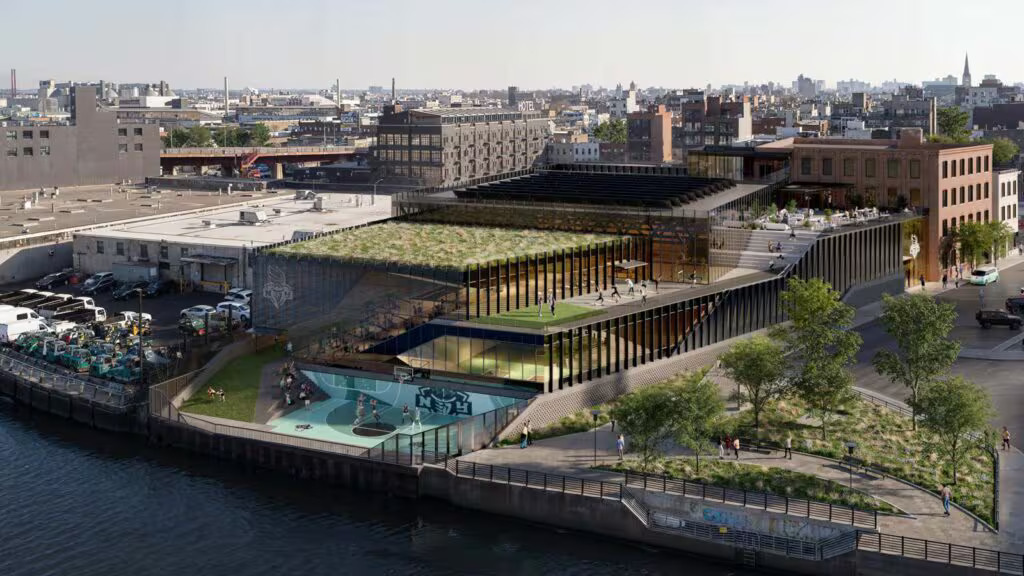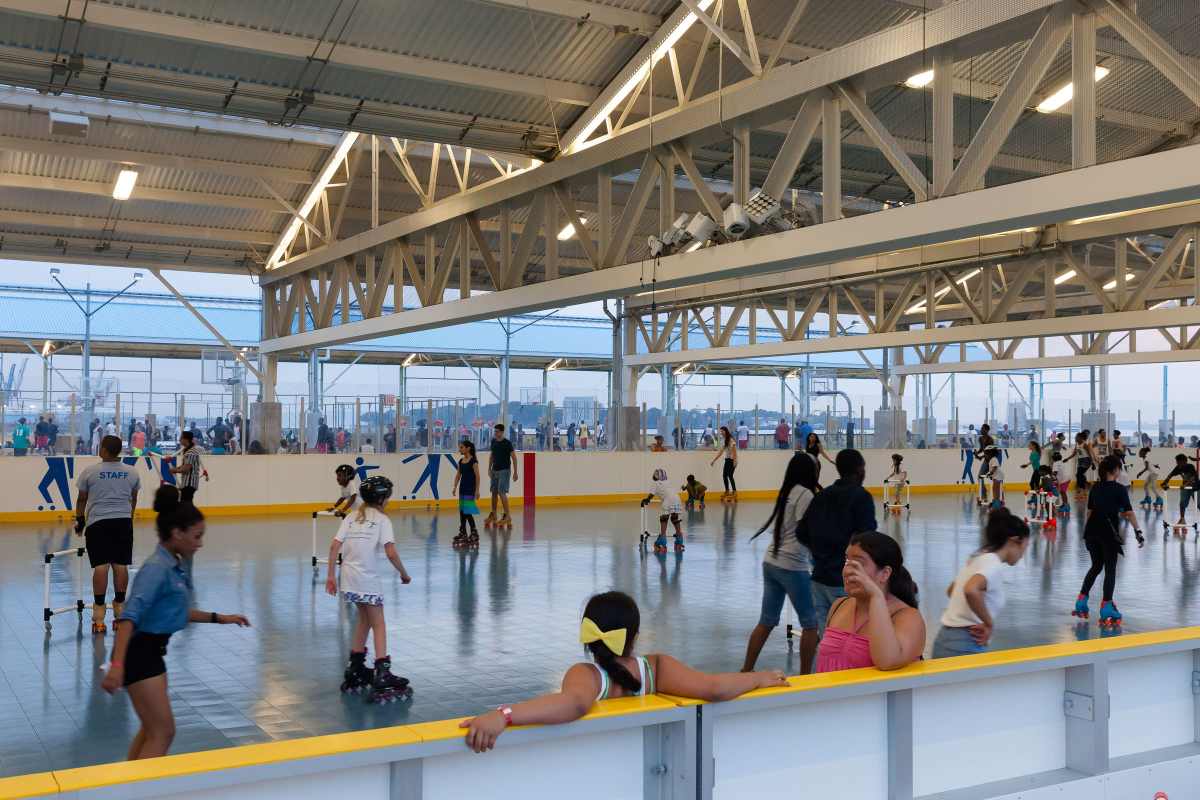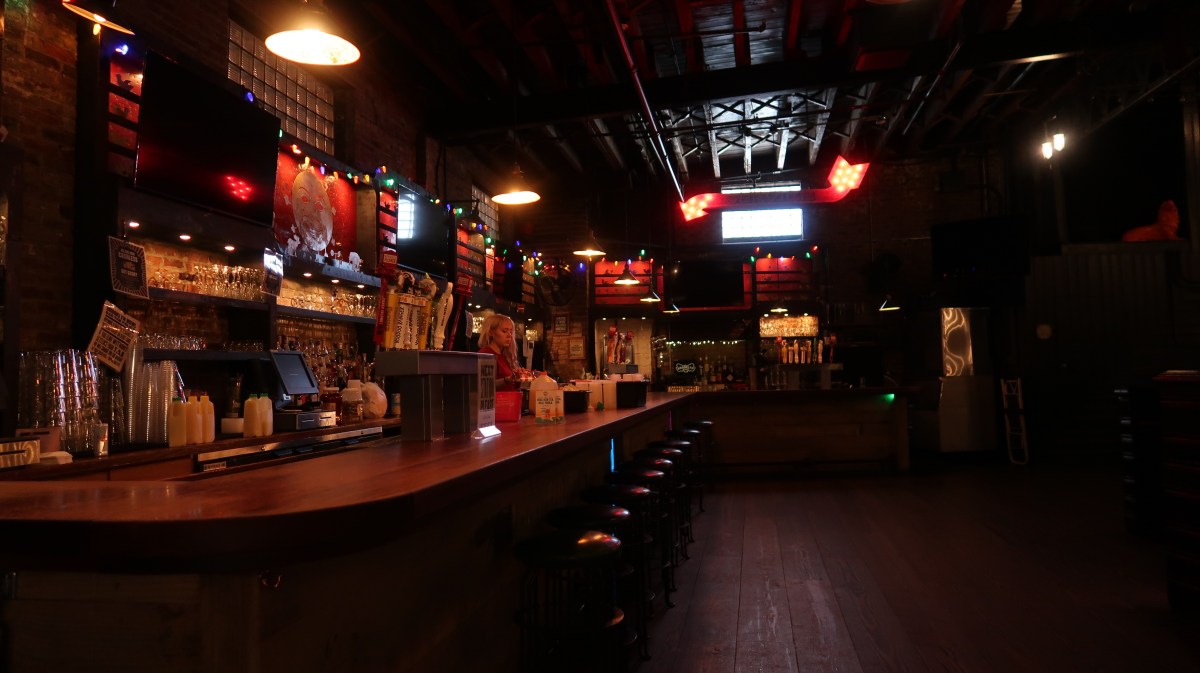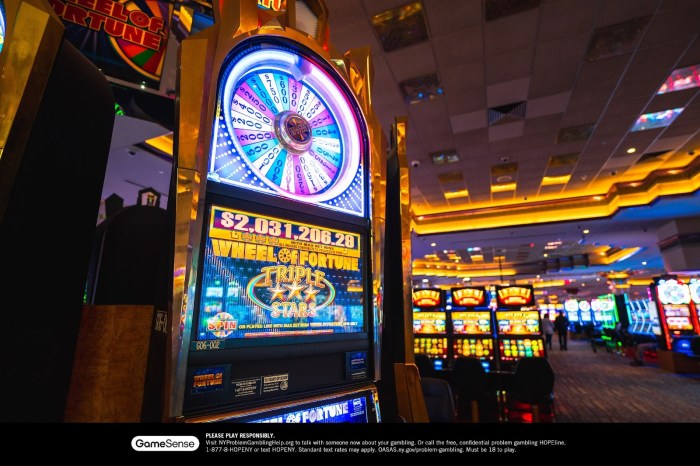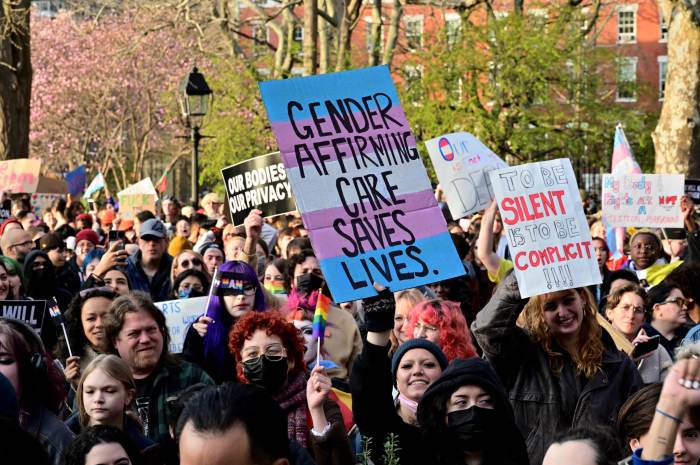The MTA will weigh the bridge and tunnel toll increases with the exception of resident discounts for commuters on Staten Island and in Queens, the agency expects the 7% hike considered to be in line with the rate of inflation by officials.
If approved, the toll increase will go into effect in April after the MTA says it has collected up to 2,000 individual public comments on the matter, representing an increase compared to the 600 from New Yorkers that accumulated in the 2018-2019 review.
“The MTA has relied on biennial toll increases since 2010 to provide modest and predictable increases and the COVID-19 pandemic’s devastating impact on our budget makes it even more important this year,” Ken Lovett, senior advisor to MTA Chairman Pat Foye said. “While ridership remains down by more than 70 percent on average across subways and commuter rails, crossings on MTA Bridges and Tunnels have virtually returned to normal, down around 10 to 20 percent from pre-pandemic levels. These changes will help ensure we continue to run as much service as possible for customers.”
The toll increase represents one of the last major considerations to closing a massive budget gap left by the COVID-19 pandemic after the previous proposal to increase fares on subways and buses by 4% were abandoned by optimism that the Biden administration would hold the agency financially.
“The MTA will consider all feedback, while continuing to address the agency’s near-term deficits,” the board books state. “Chairman Foye stated that he is optimistic that over the next few months we will begin to see increased signs of economic recovery for the New York region, thanks to additional federal stimulus measures, the continued vaccine rollout and the Governor’s actions to stop the spread of COVID-19.”
Interim New York City Transit President Sarah Feinberg explained on the Brian Lehrer Show on Wednesday that tolls will go up across the board, but suggested that it likely would not be out of budget for most motorists.
“I have to say, you know, I’m a little bit out of my lane because I don’t do bridges and tunnels, but it’ll be all of the major crossings,” Feinberg said. “It’s been a while since those tolls were increased and I think it’s actually below the rate of inflation so hopefully that’s helpful to people.”
But those are not the only items on the agenda.
The MTA will be reviewing how to best fund the infrastructure needed for Central Business District tolling to become a reality which they estimated to come at a cost of $508 million. Selling bonds will be taken into consideration for this.
Congestion pricing has been a ball in the Trump administration’s court ever since it was approved by the state legislature in April 2019 and awaited approval from the Federal Highway Administration. While the FHA under the former president was silent on the matter.
President Joe Biden’s administration, with Pete Buttigieg as transportation secretary, however, told Law360 they would be giving the years-old proposal some priority.
